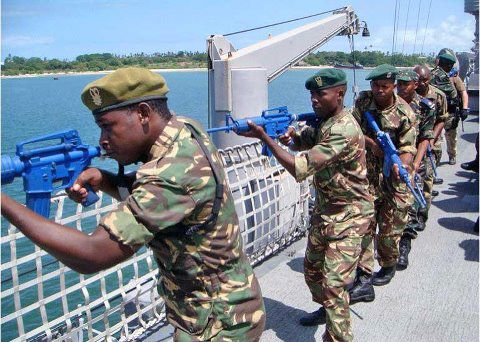Despite the relevance of the conflict -the lake is the third largest lake of the African continent- it seems like the international community has very little to say about it.
Both countries -Malawi and Tanzania- have been encouraged to keep their mediation going on. The two of them seeked support from the Southern African Development Community (SADC), after the failure of previous bilateral efforts to find a solution. A team of mediators formed by former heads of state and government interacted with both parties with the aim of deepening their knowledge and understanding the dispute. This mediation failed, so when SADC renewed its Tribunal, the discussion continued following the new protocol. Opinions are divided: many think it is unfair that Tanzania has no jurisdiction on the lake, while others, like the outgoing chairperson in 2014, state that it is non-negotiable that the lake belongs to Malawi.
In the latest exchanges, the foreign minister of Malawi has threatened to escalate the dispute to the International Court of Justice in The Hague. Malawi has also formally protested to the international community, including the United Nations. No statement has been released by the institution. However, many experts argue that Malawi’s opinion aligns with recent International Court of Justice judgments.
Finally, the dispute has also had its part at the Organization of the African Union summits, in which both parties have reaffirmed their positions in more than one occasion.
Four institutions and regional organizations have in their hands the possibility to position themselves in the conflict. However, it is highly unlikely that they will do so, since the general position is that Malawi and Tanzania should solve it themselves through mediation.

Comentarios
Publicar un comentario